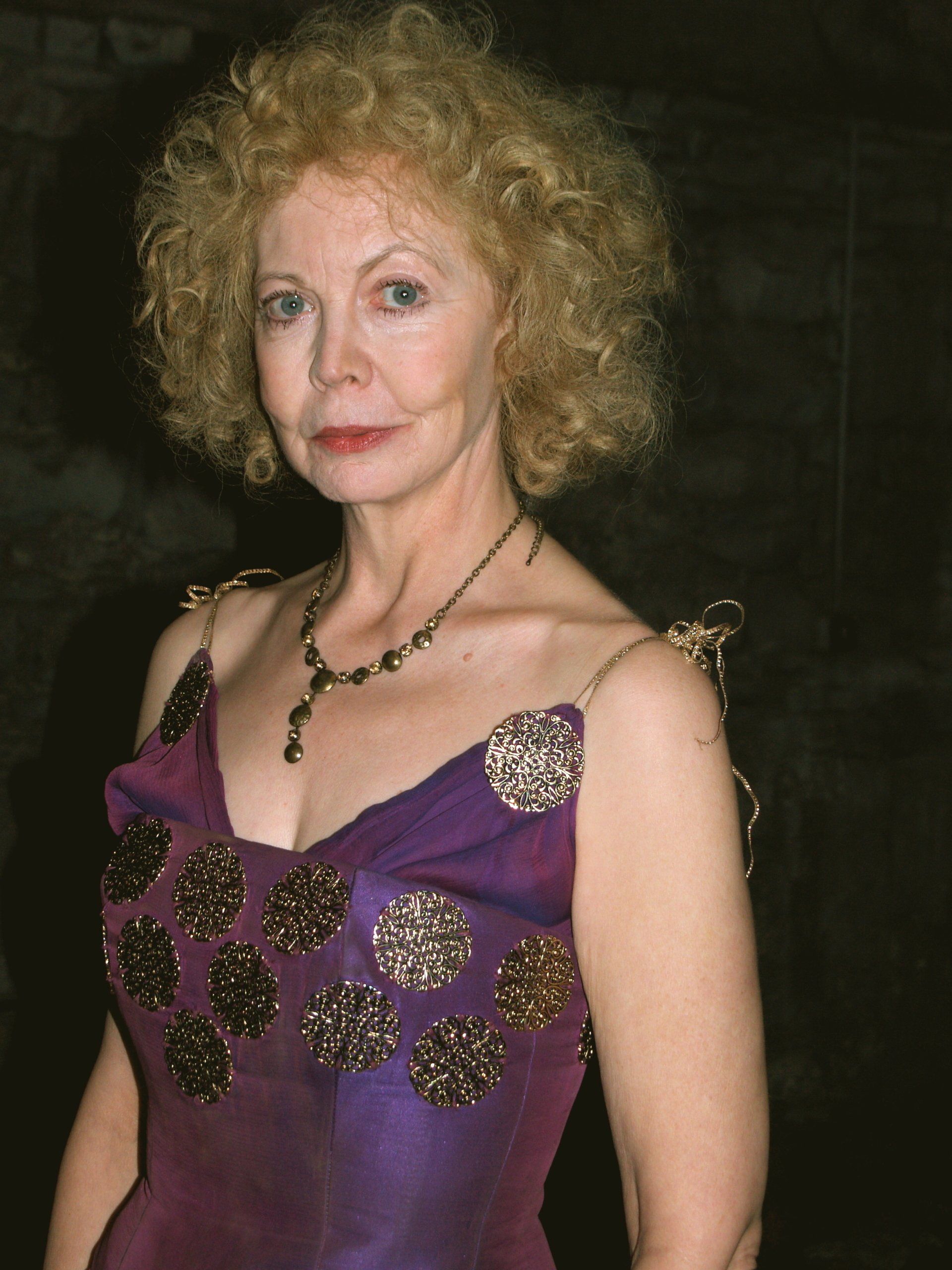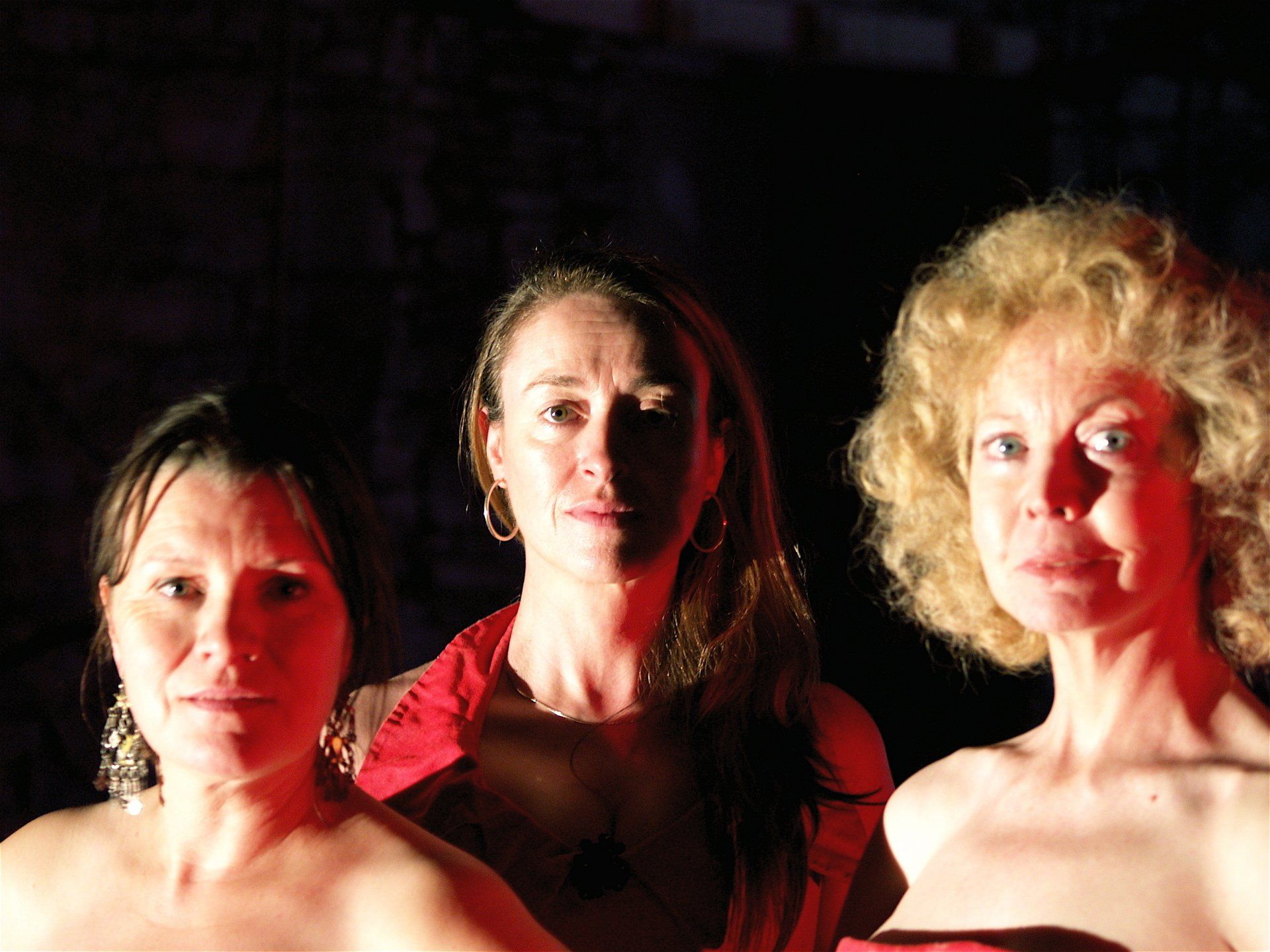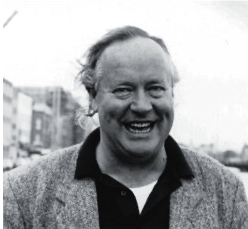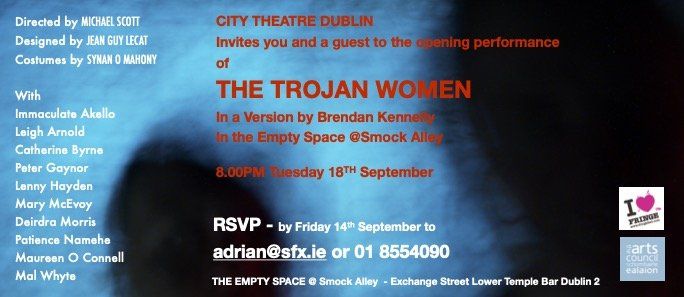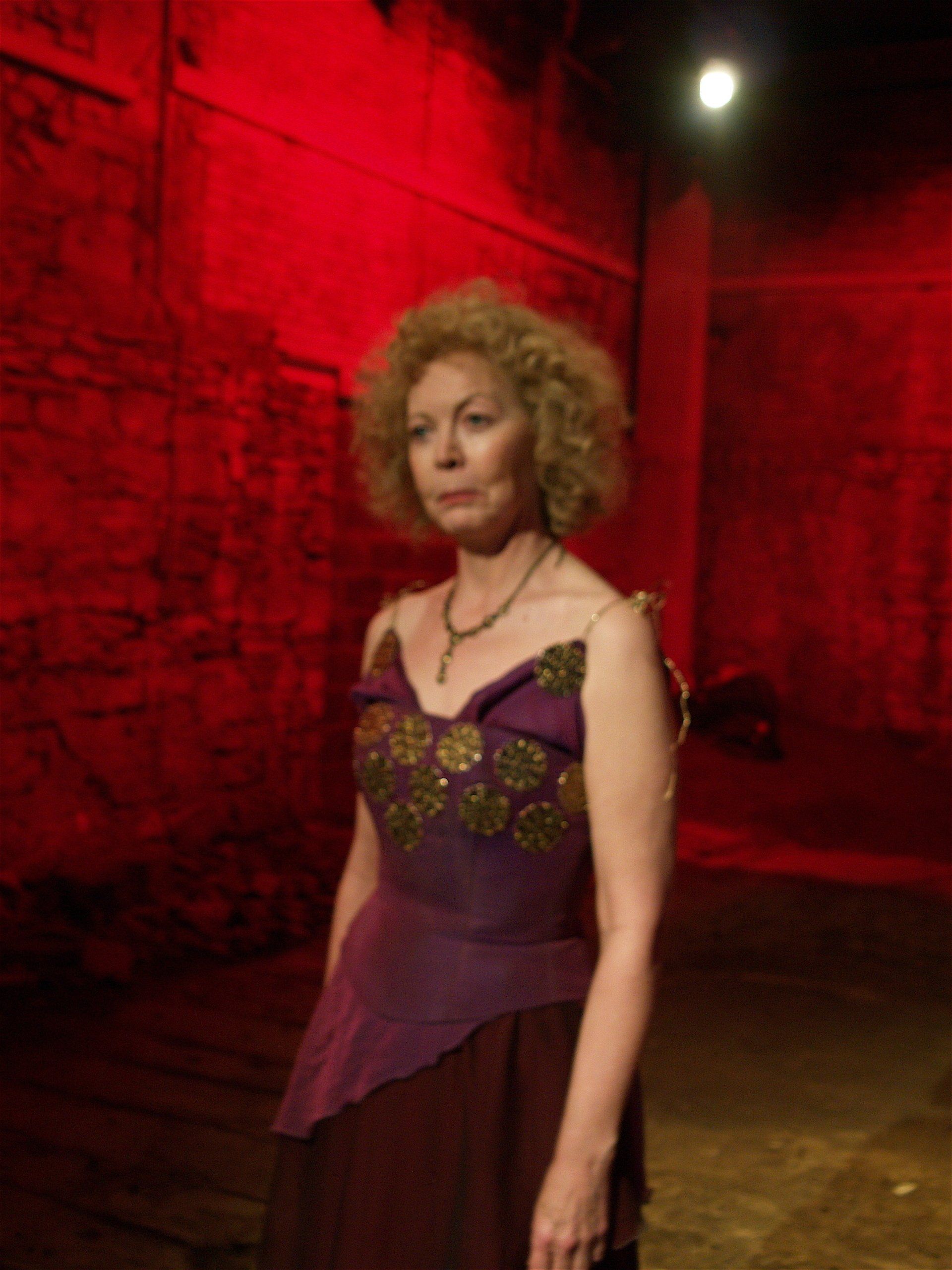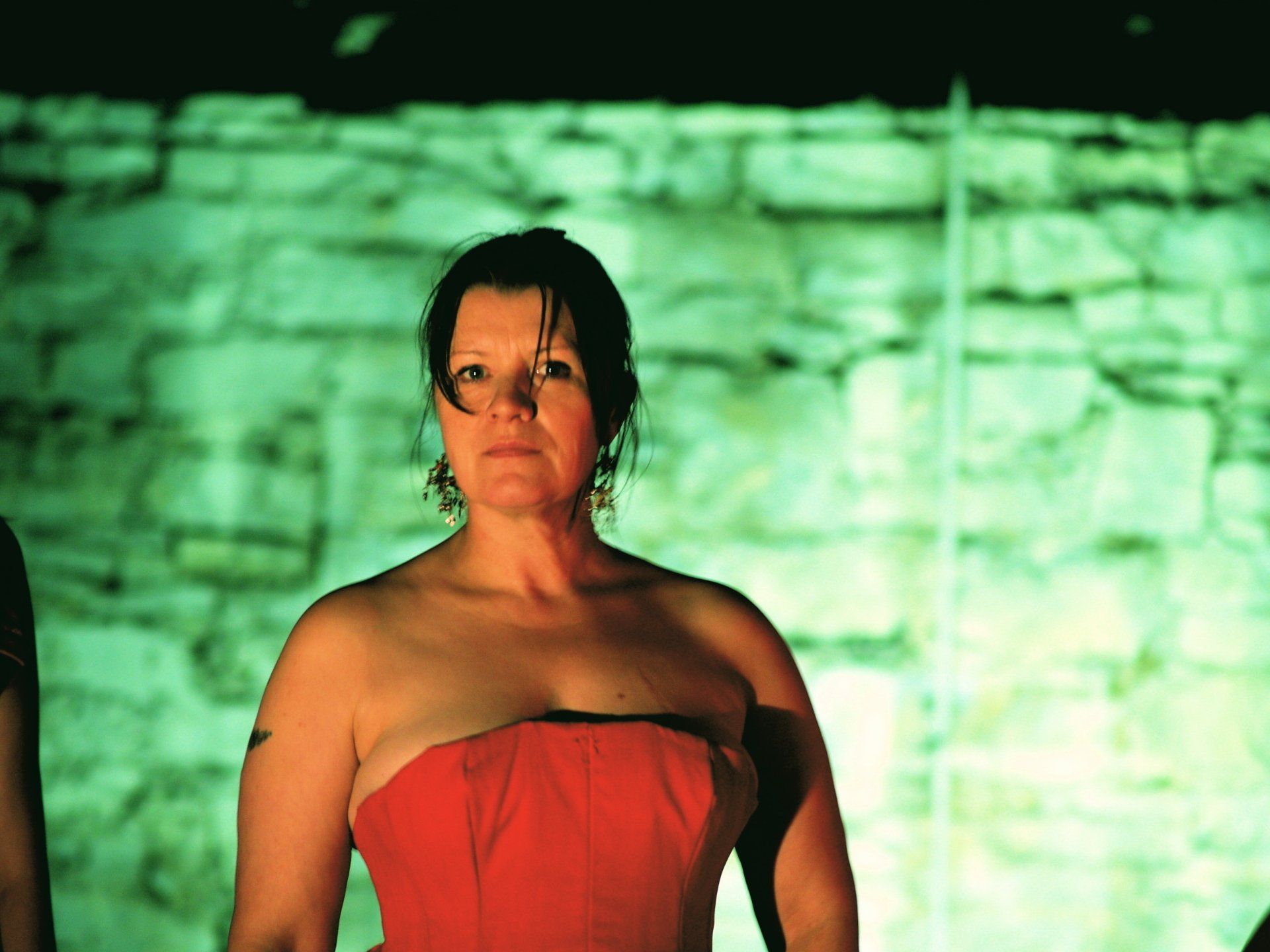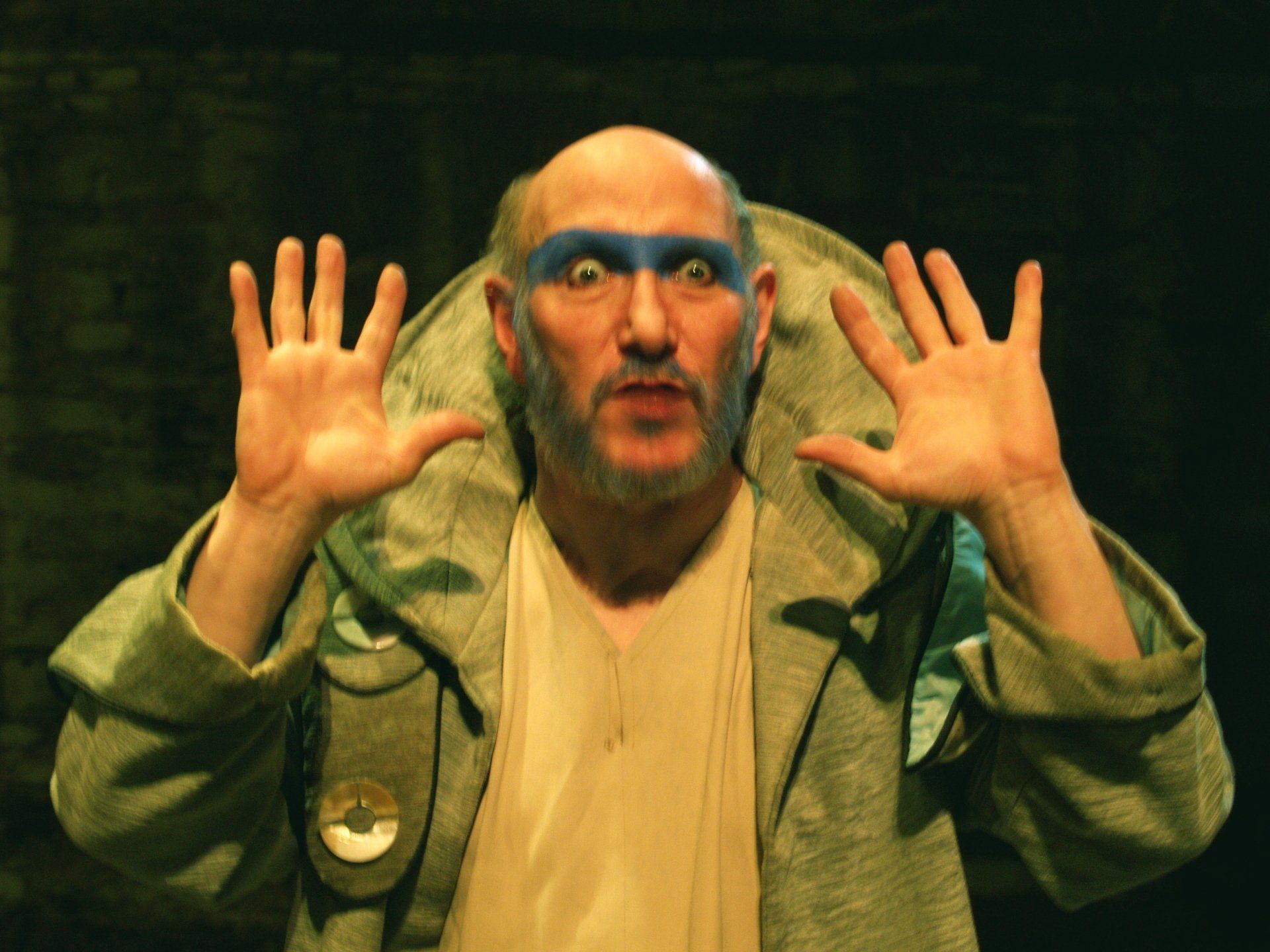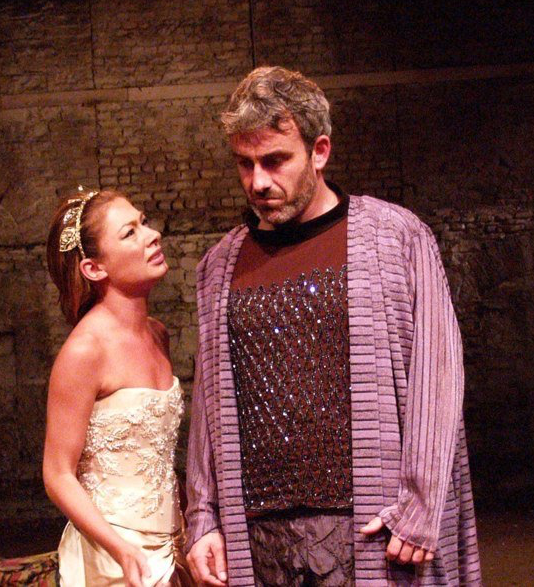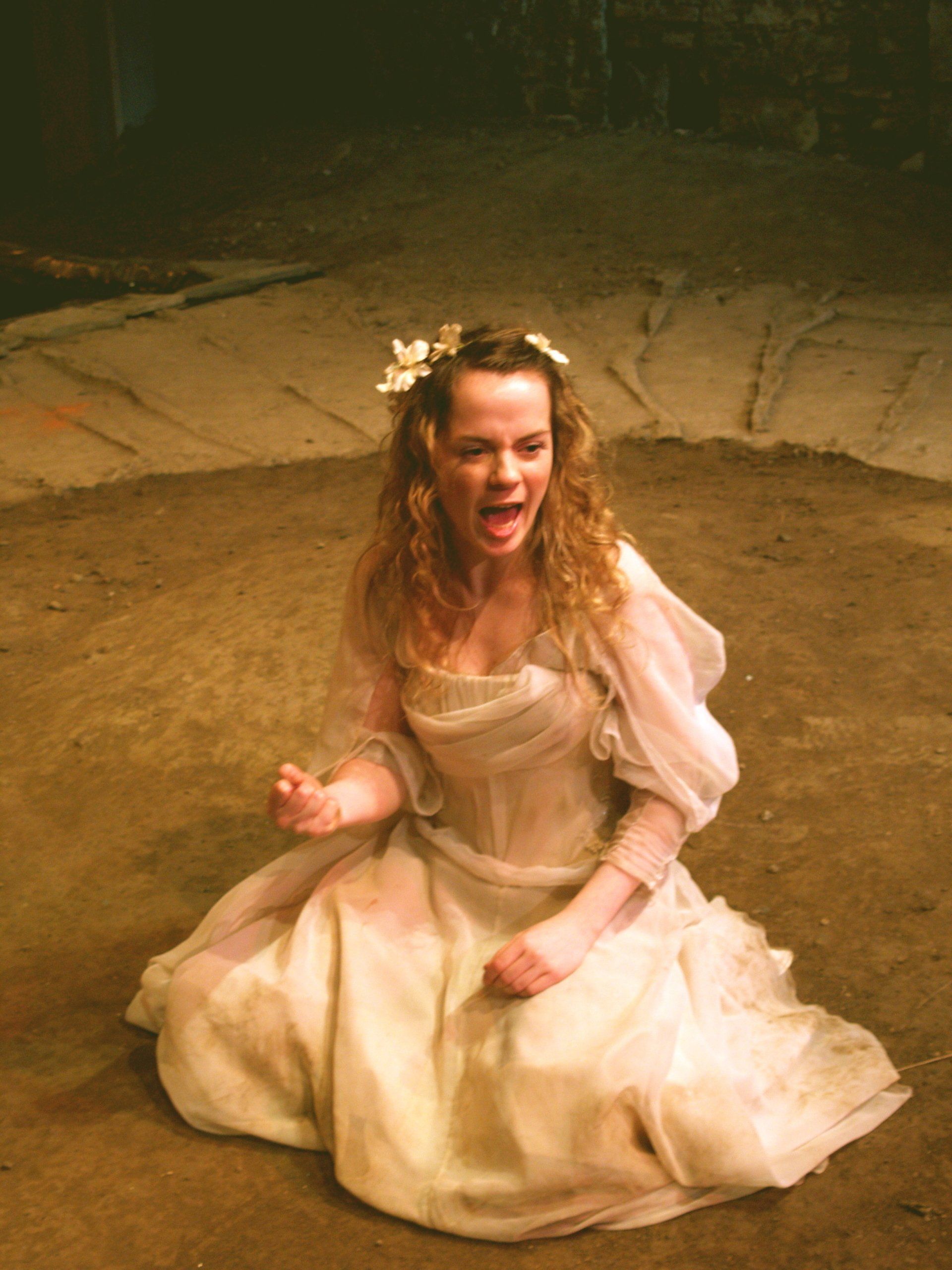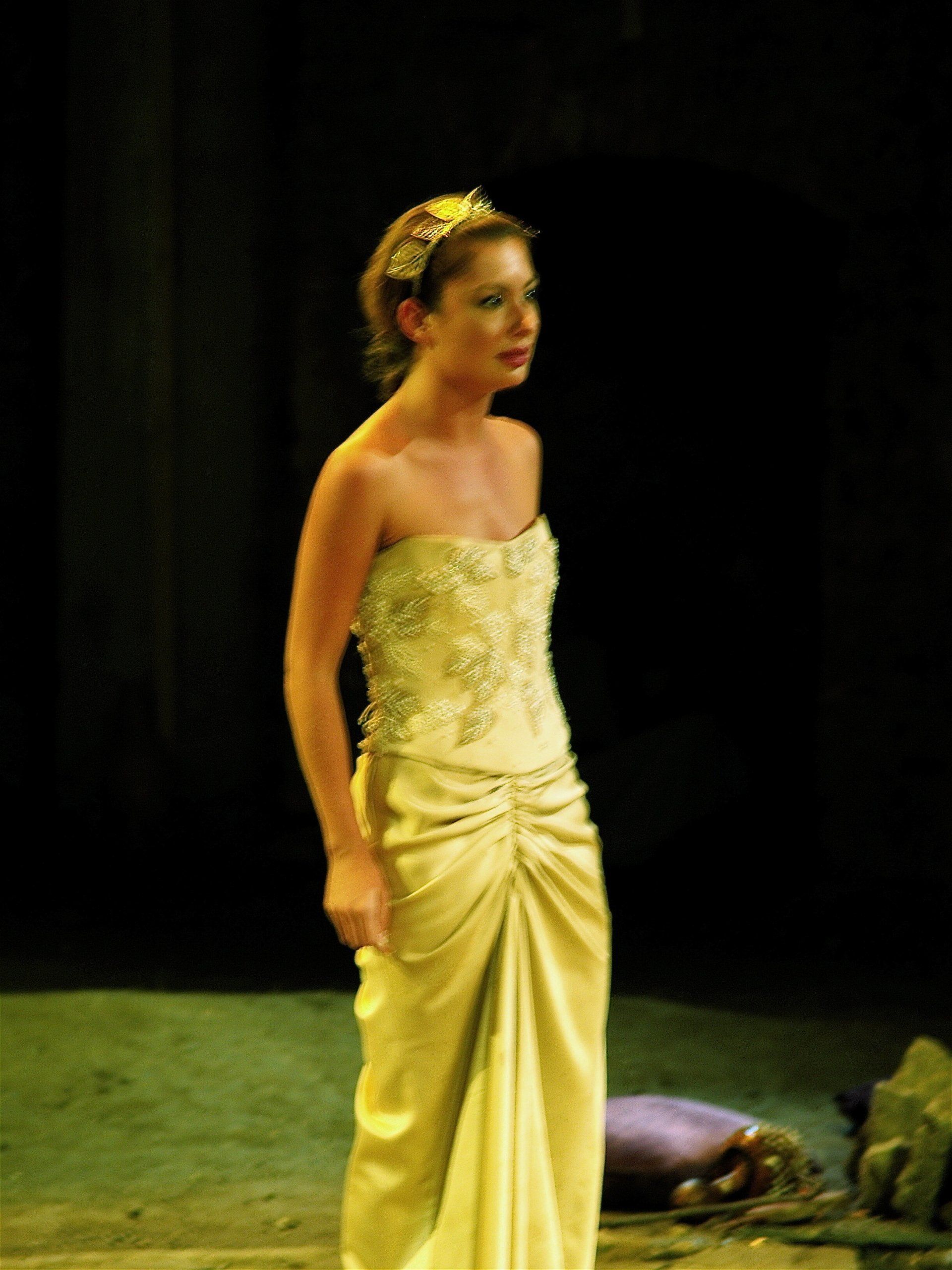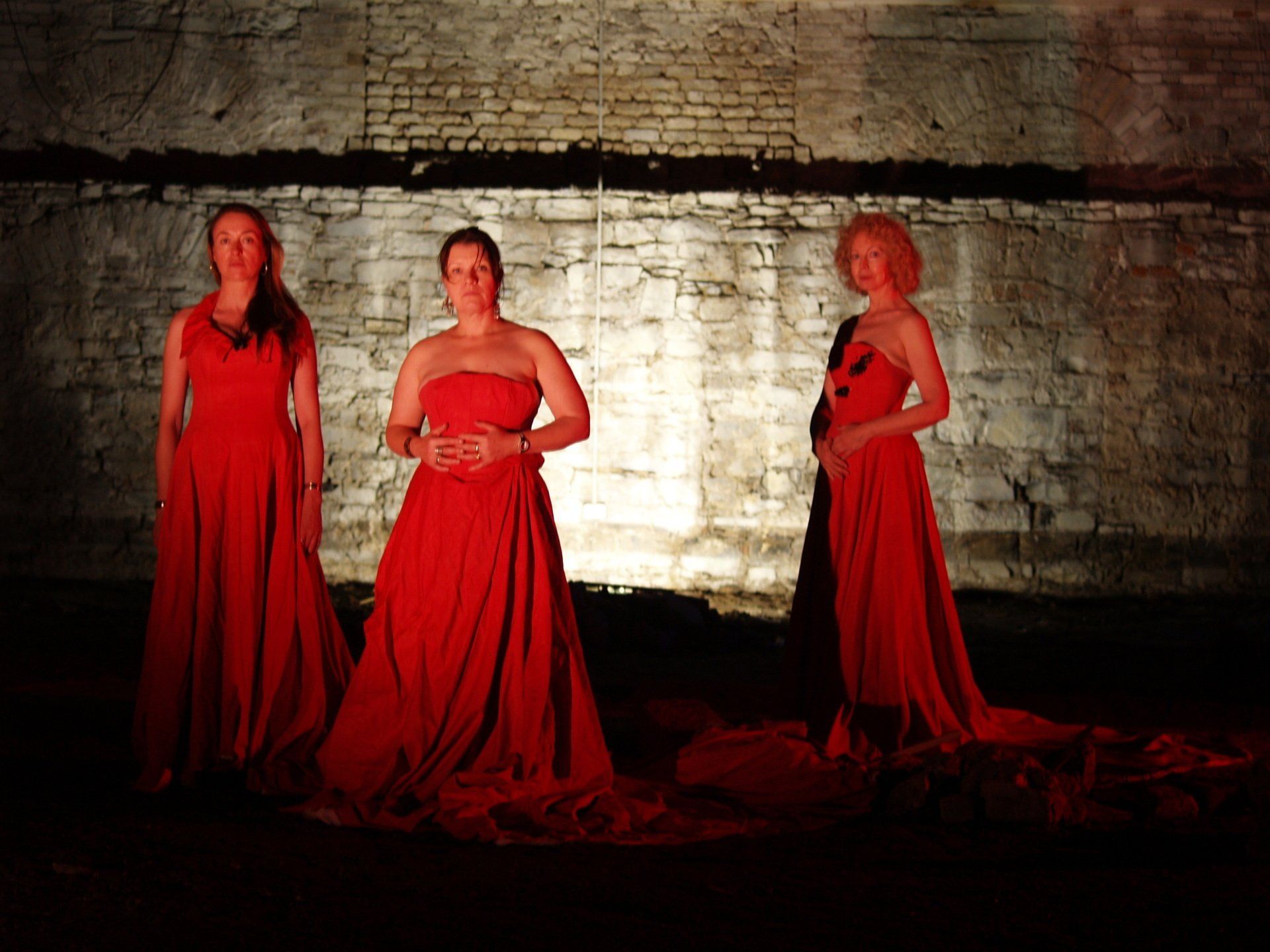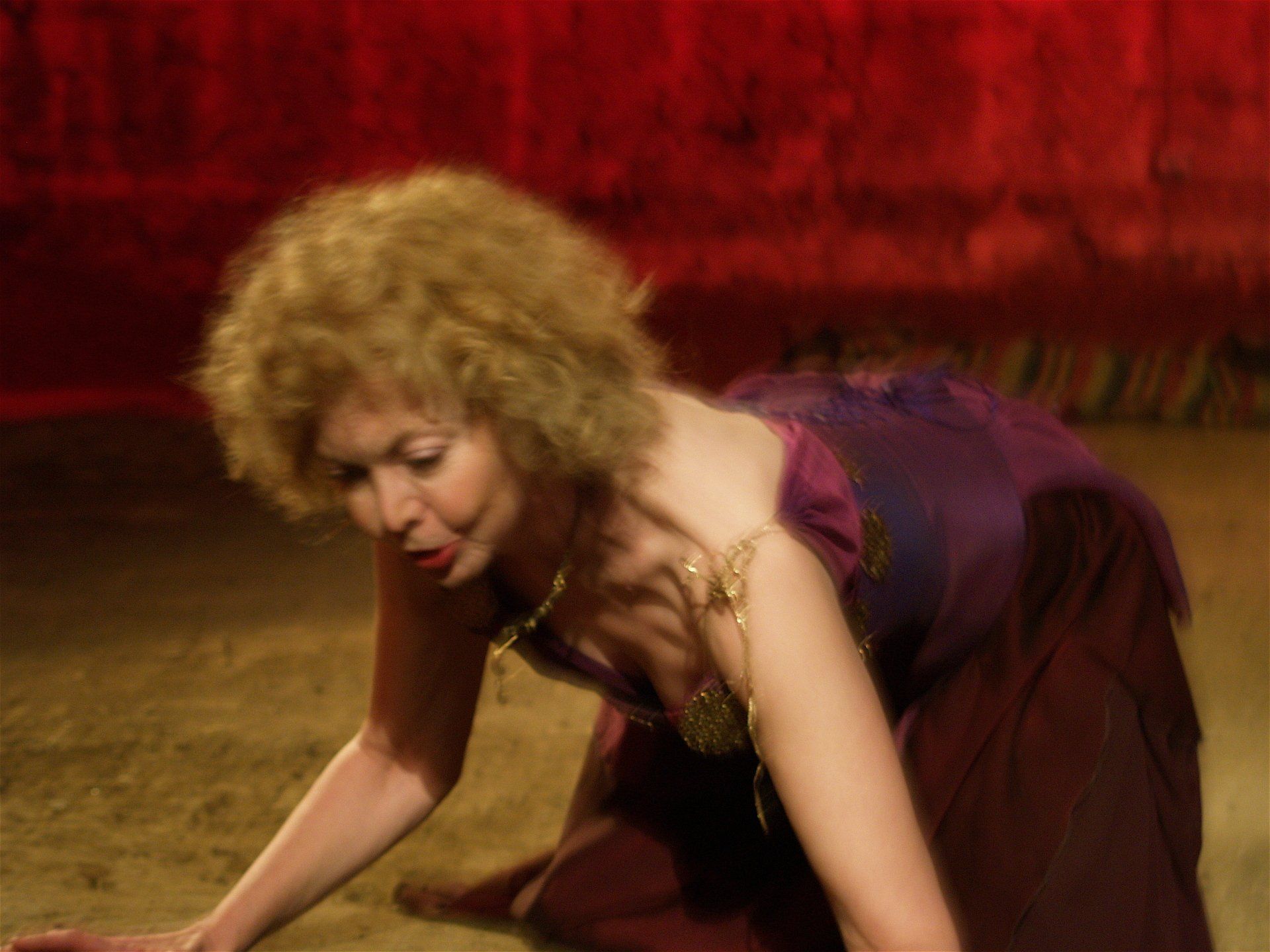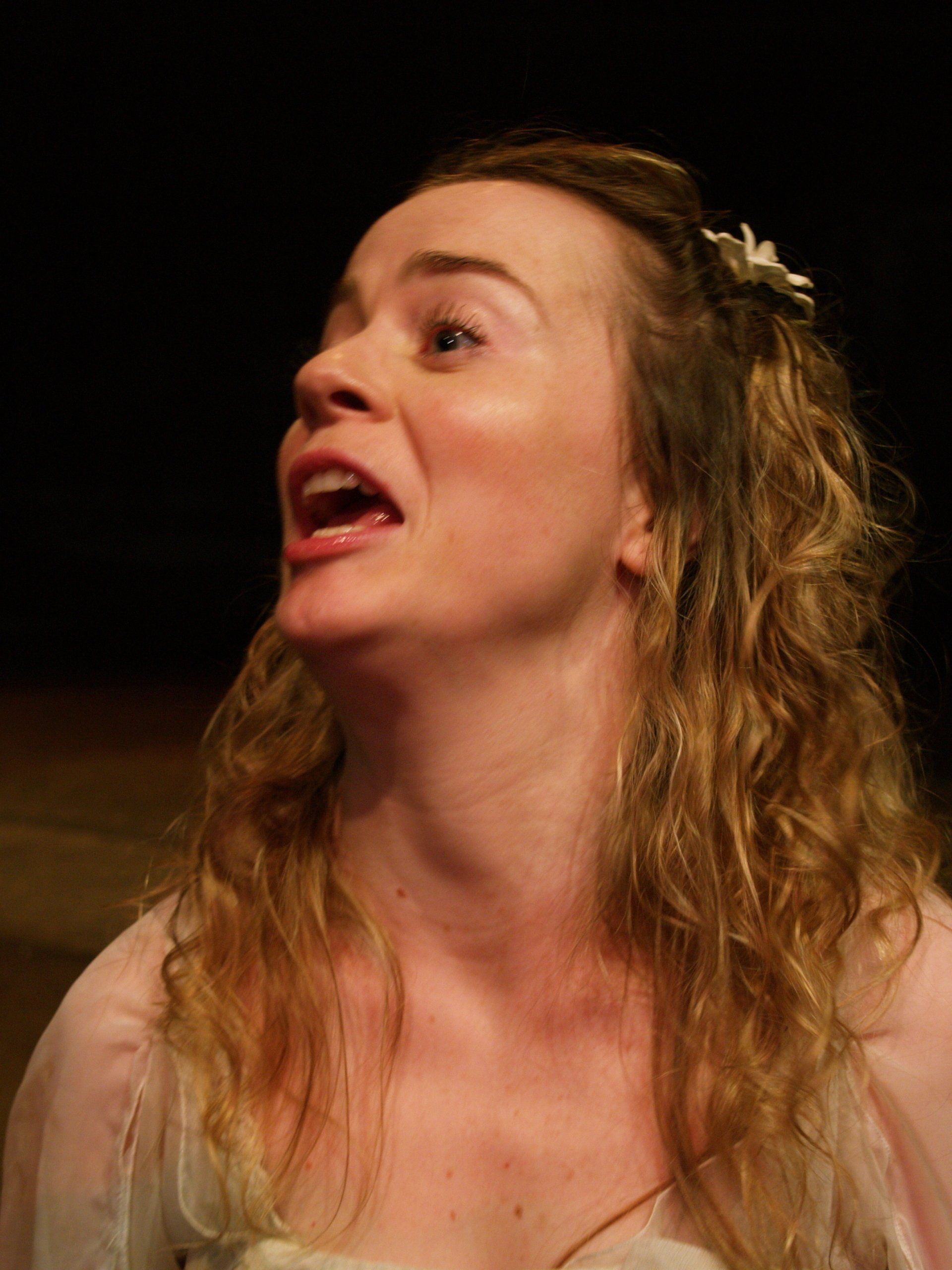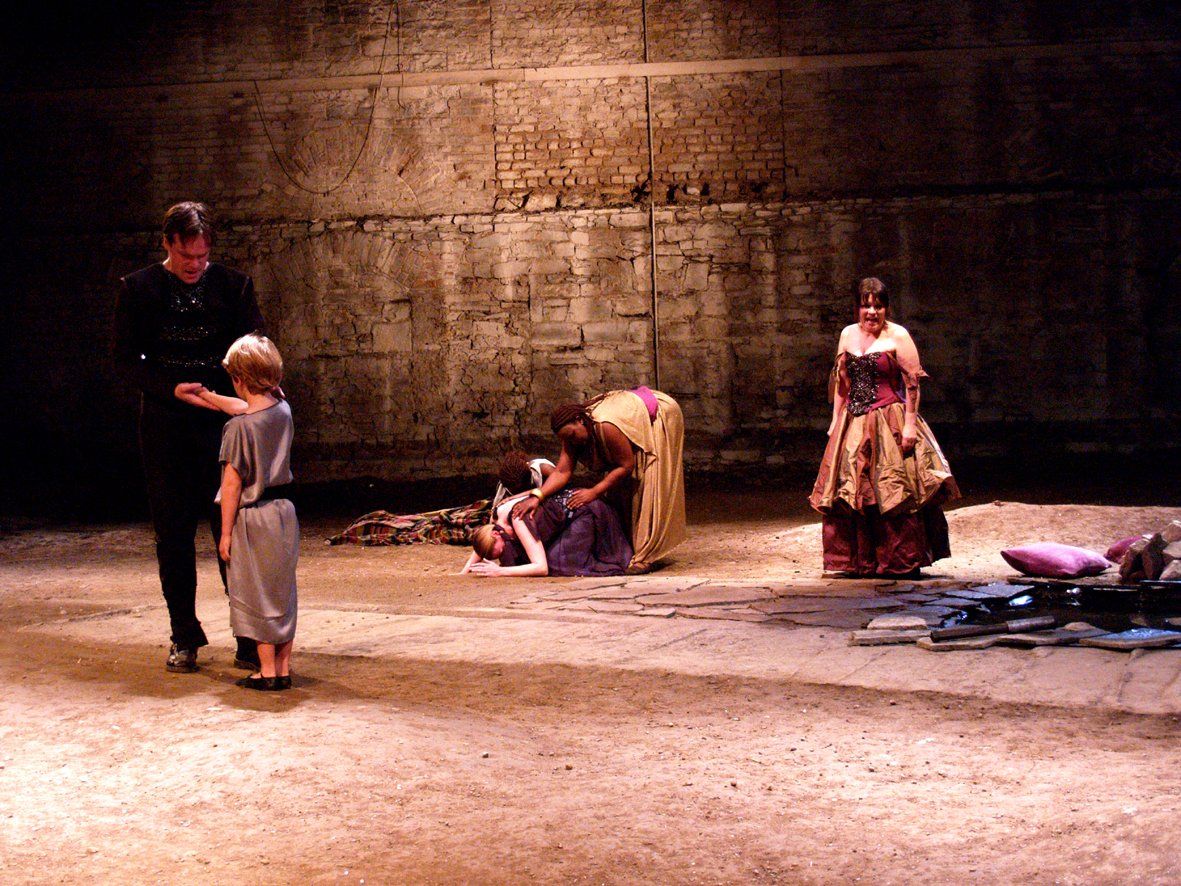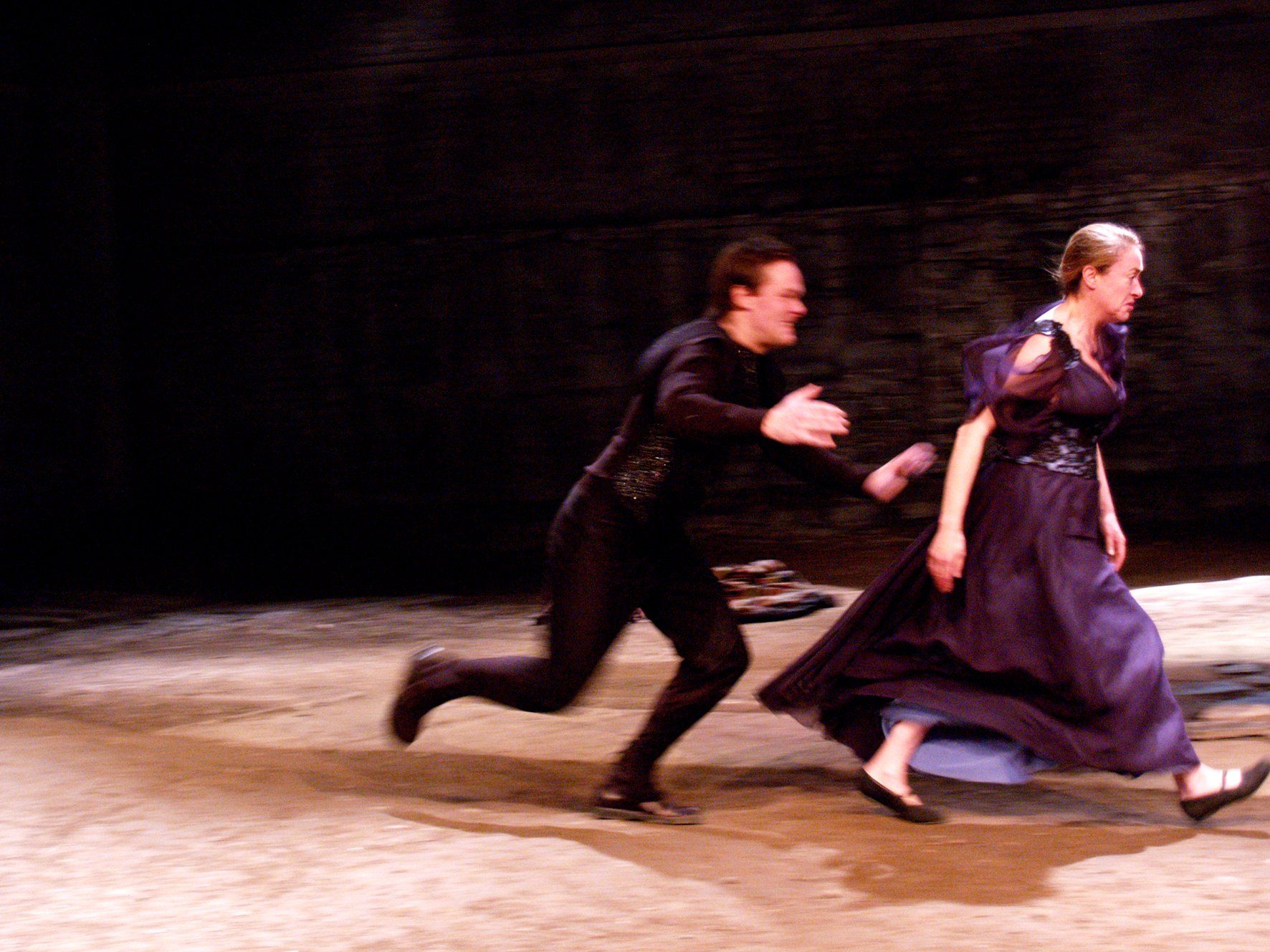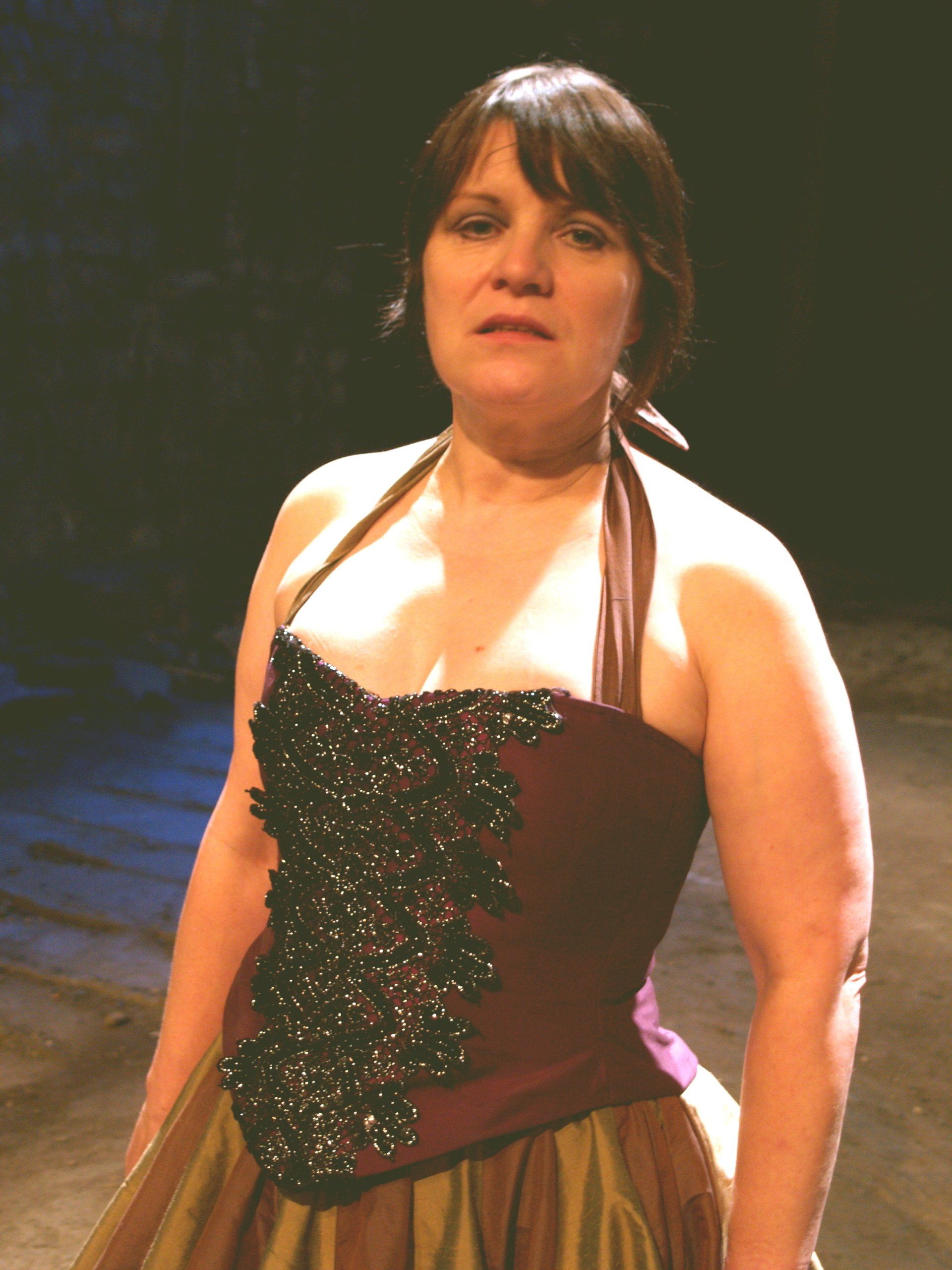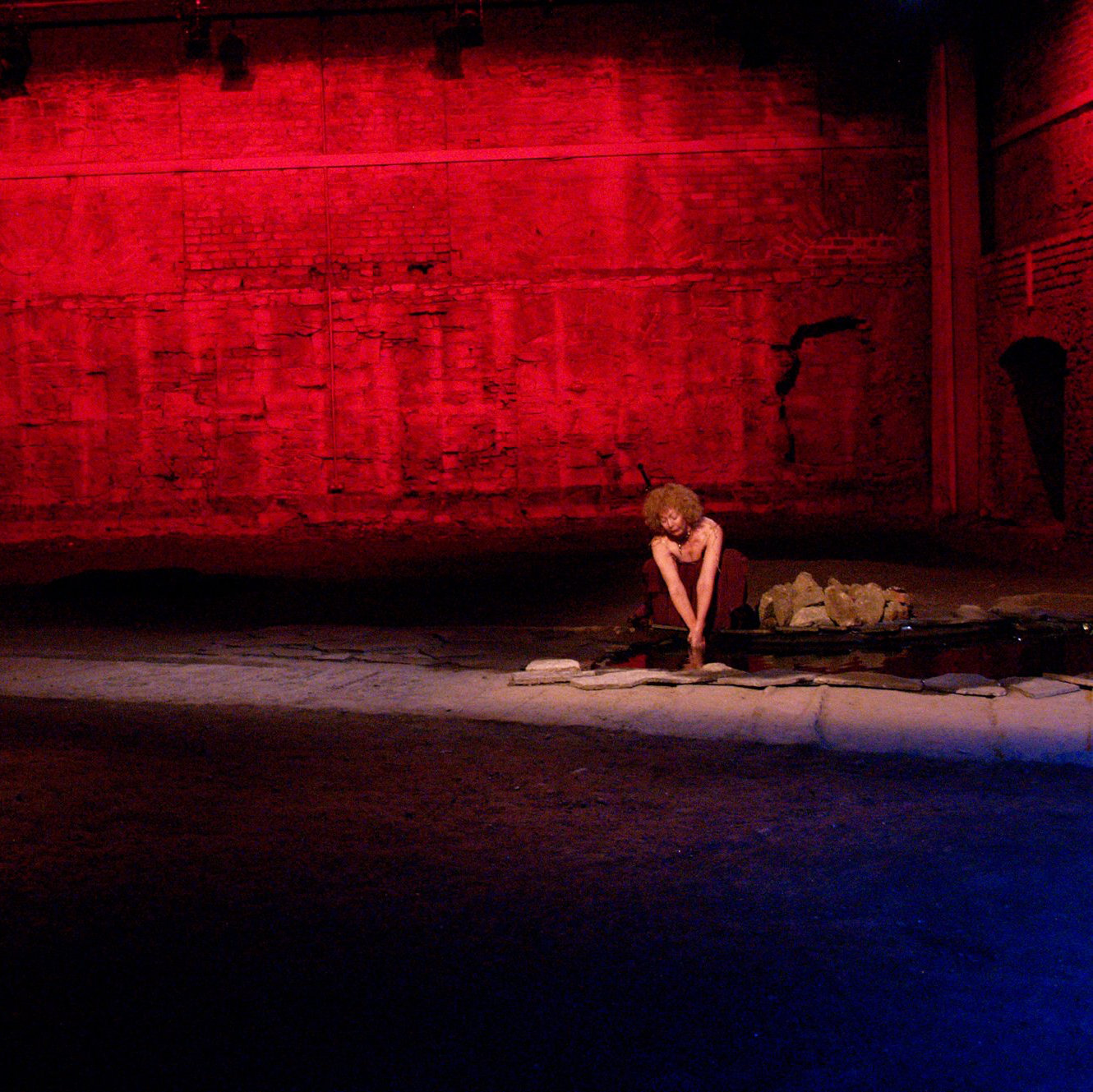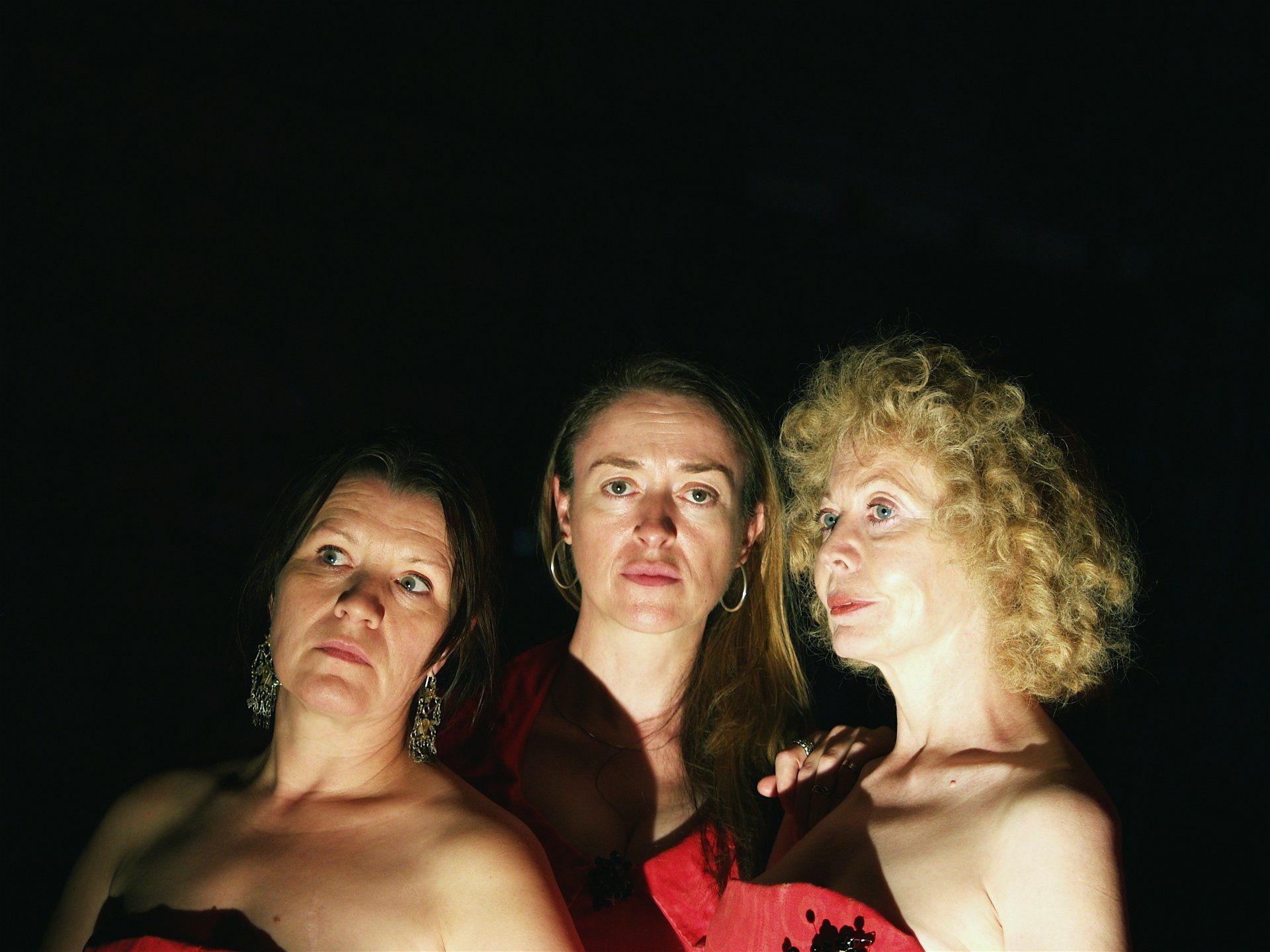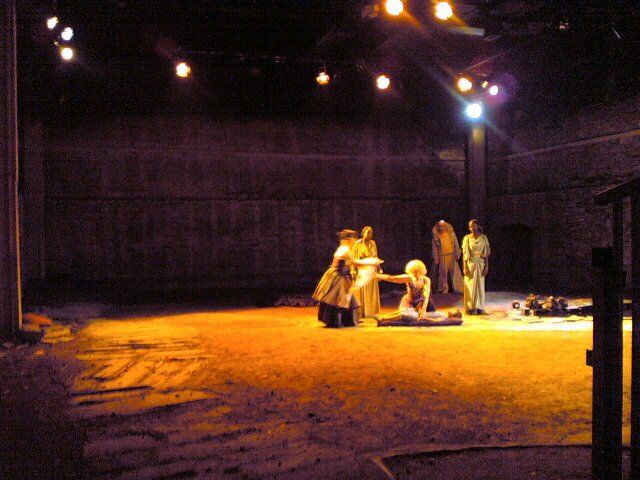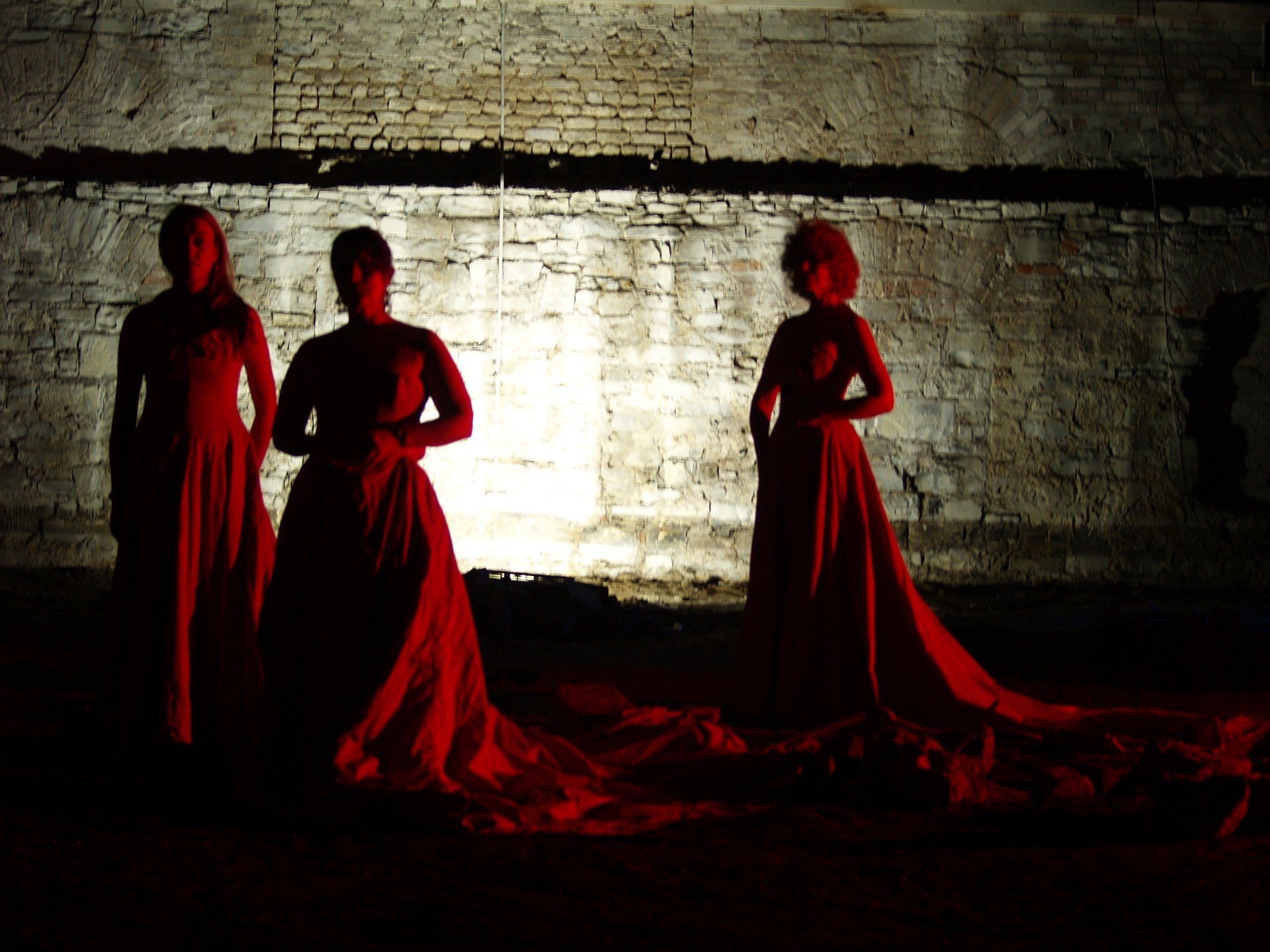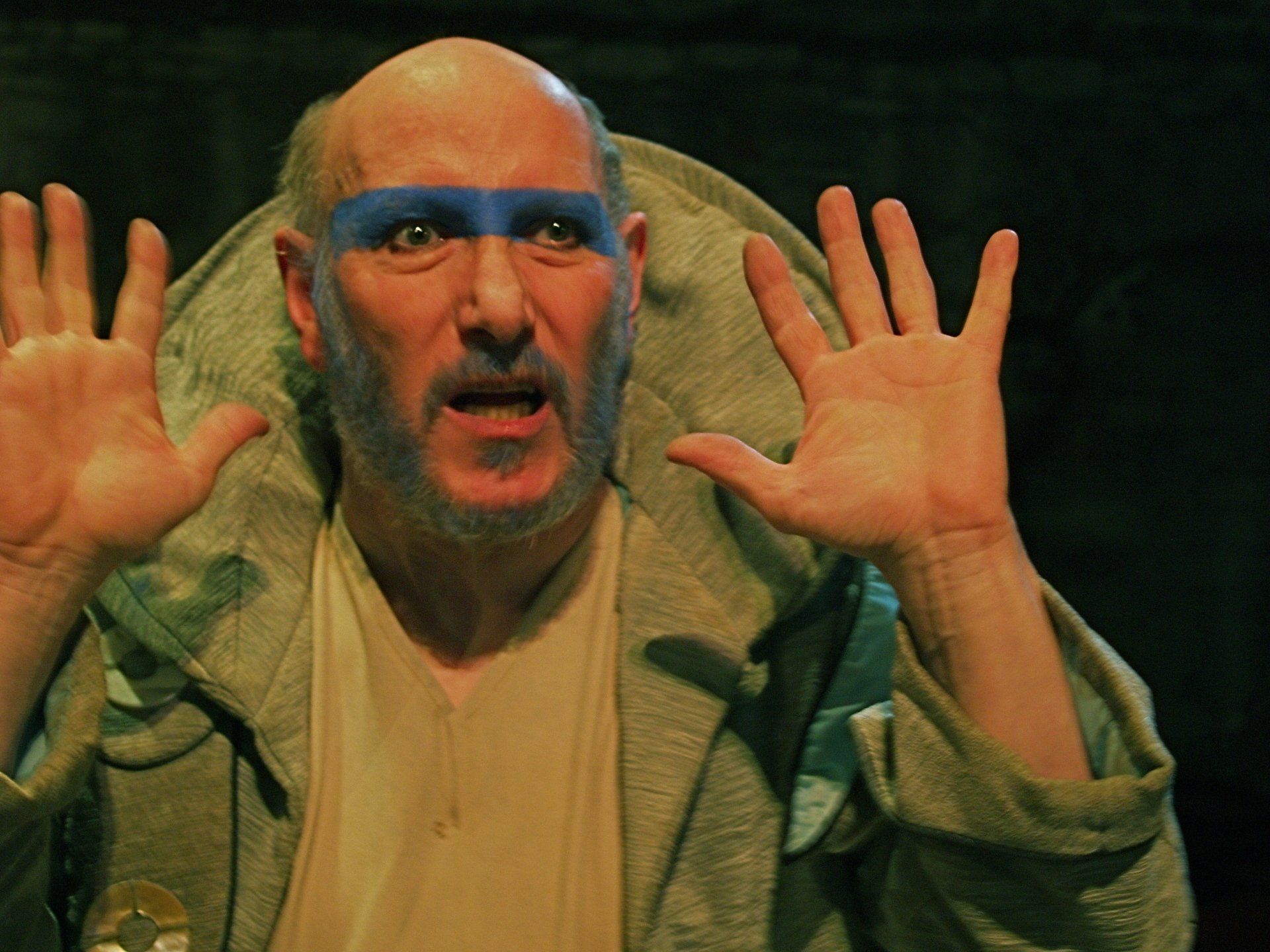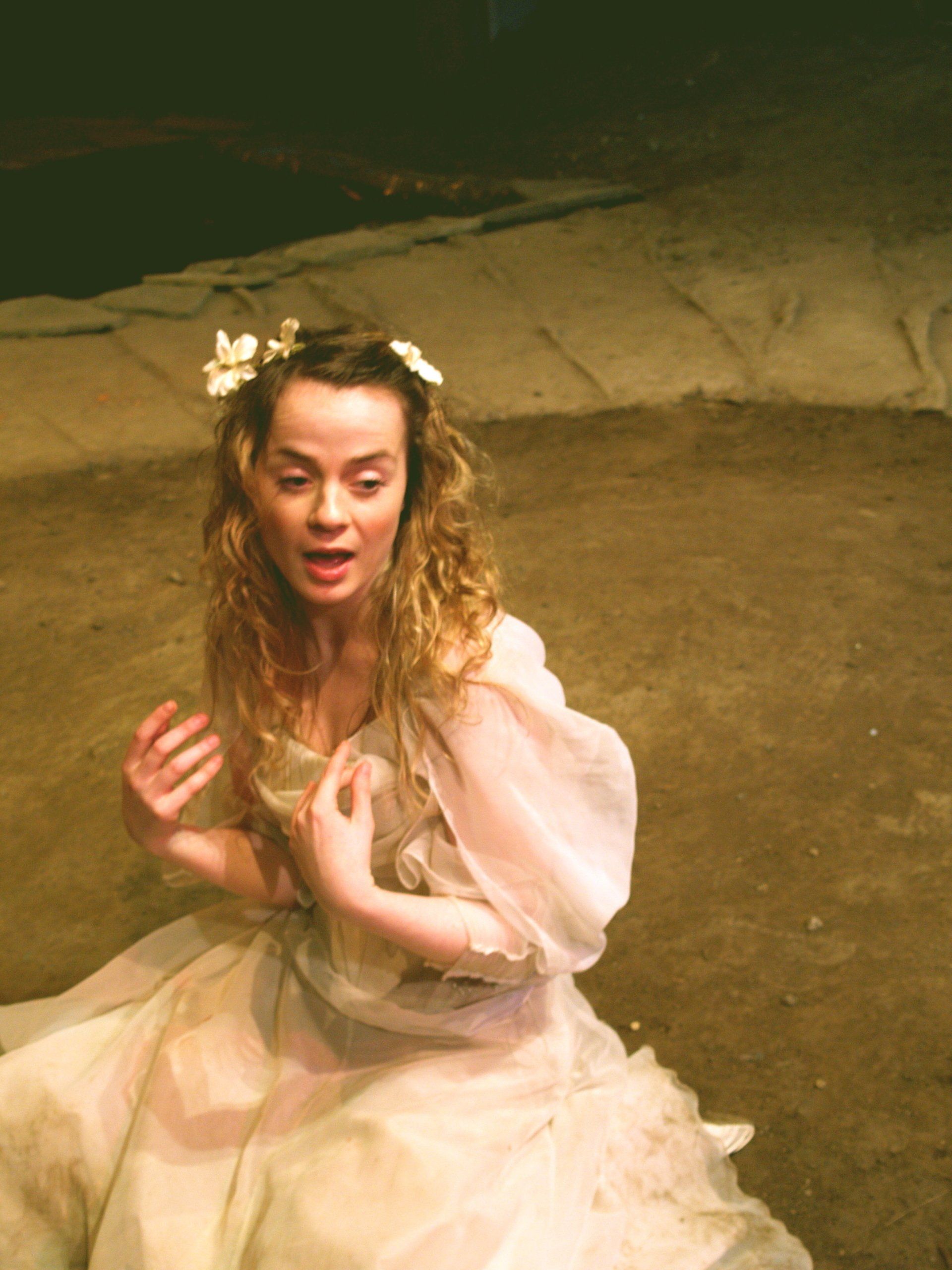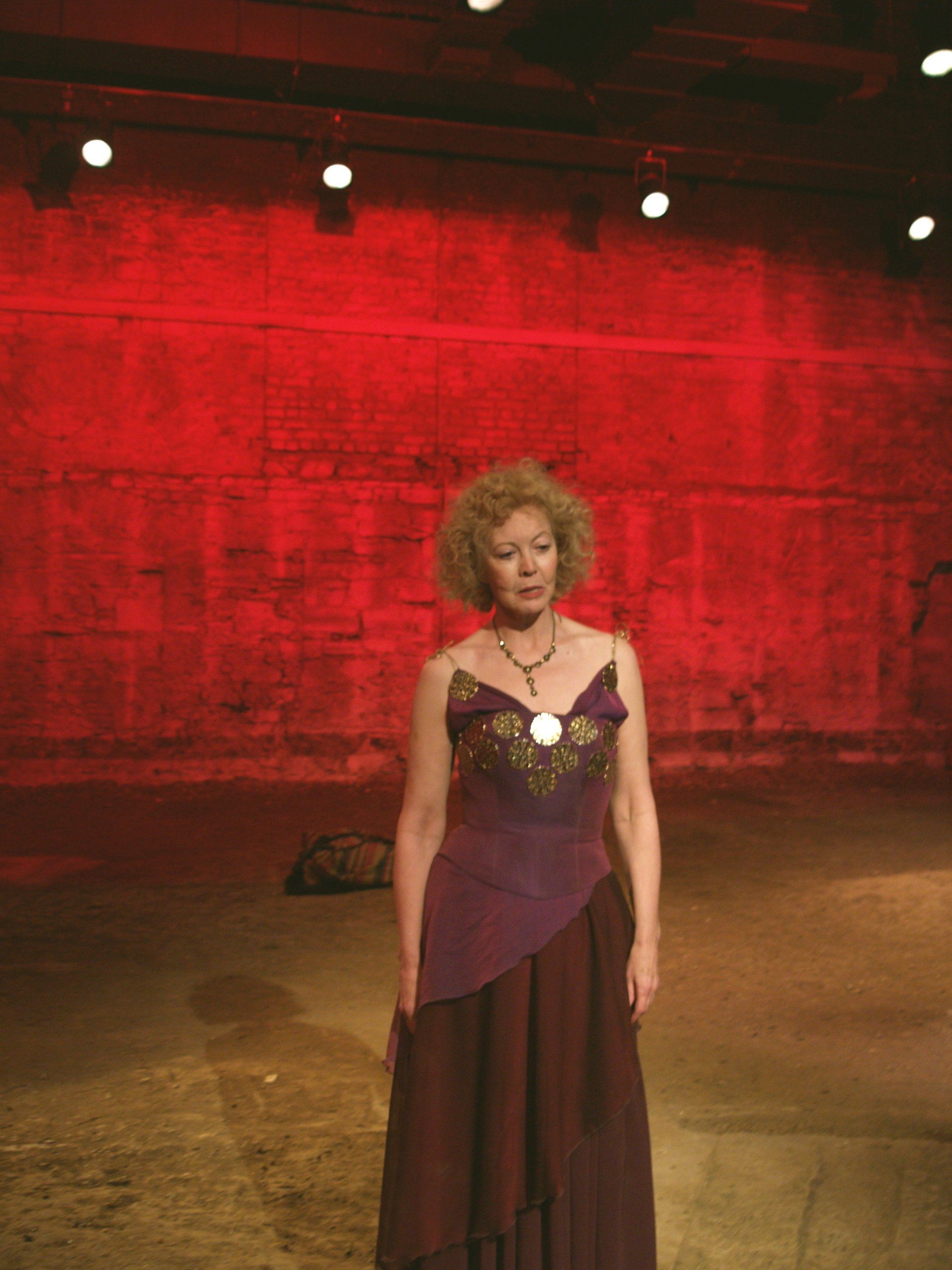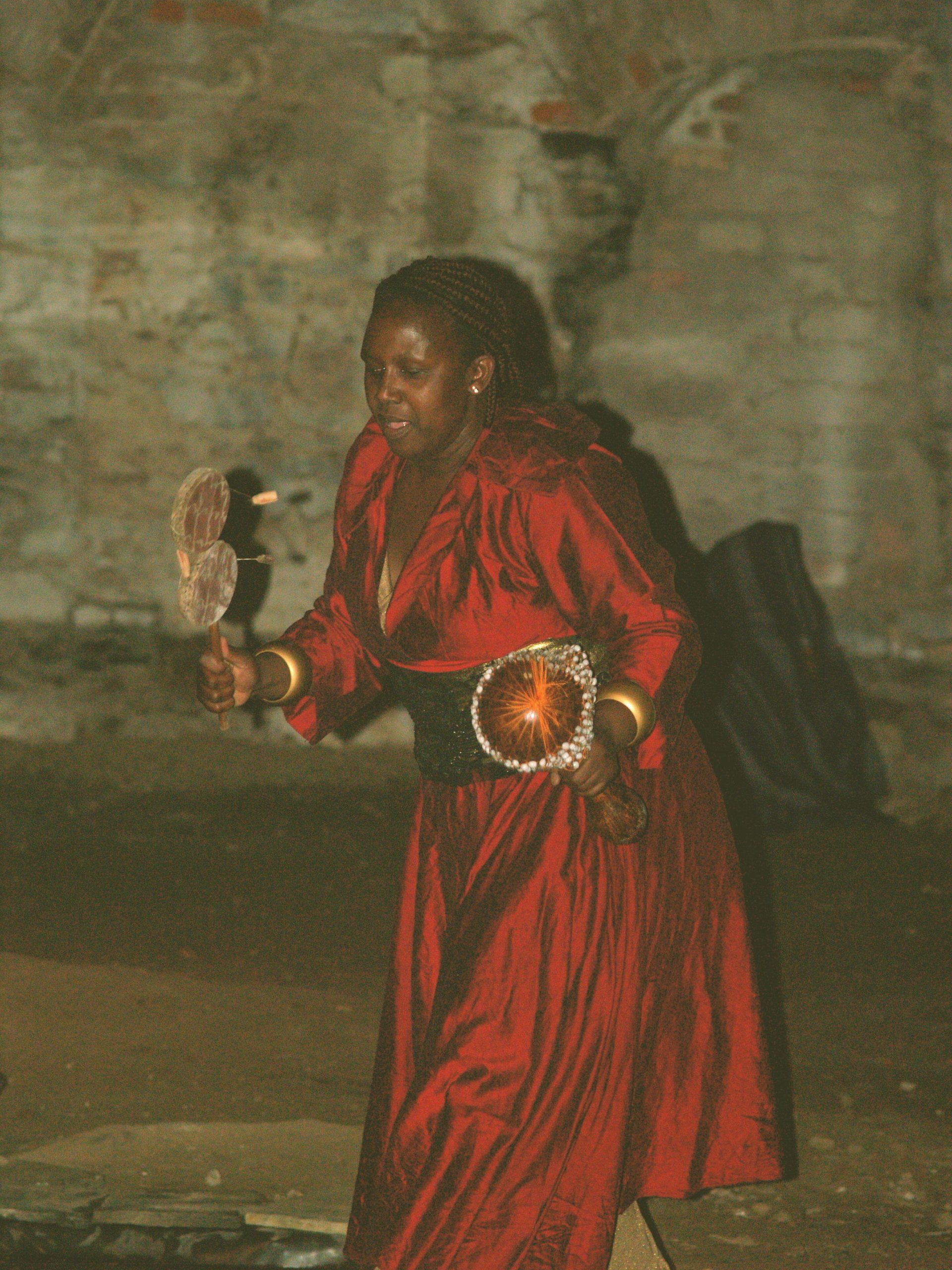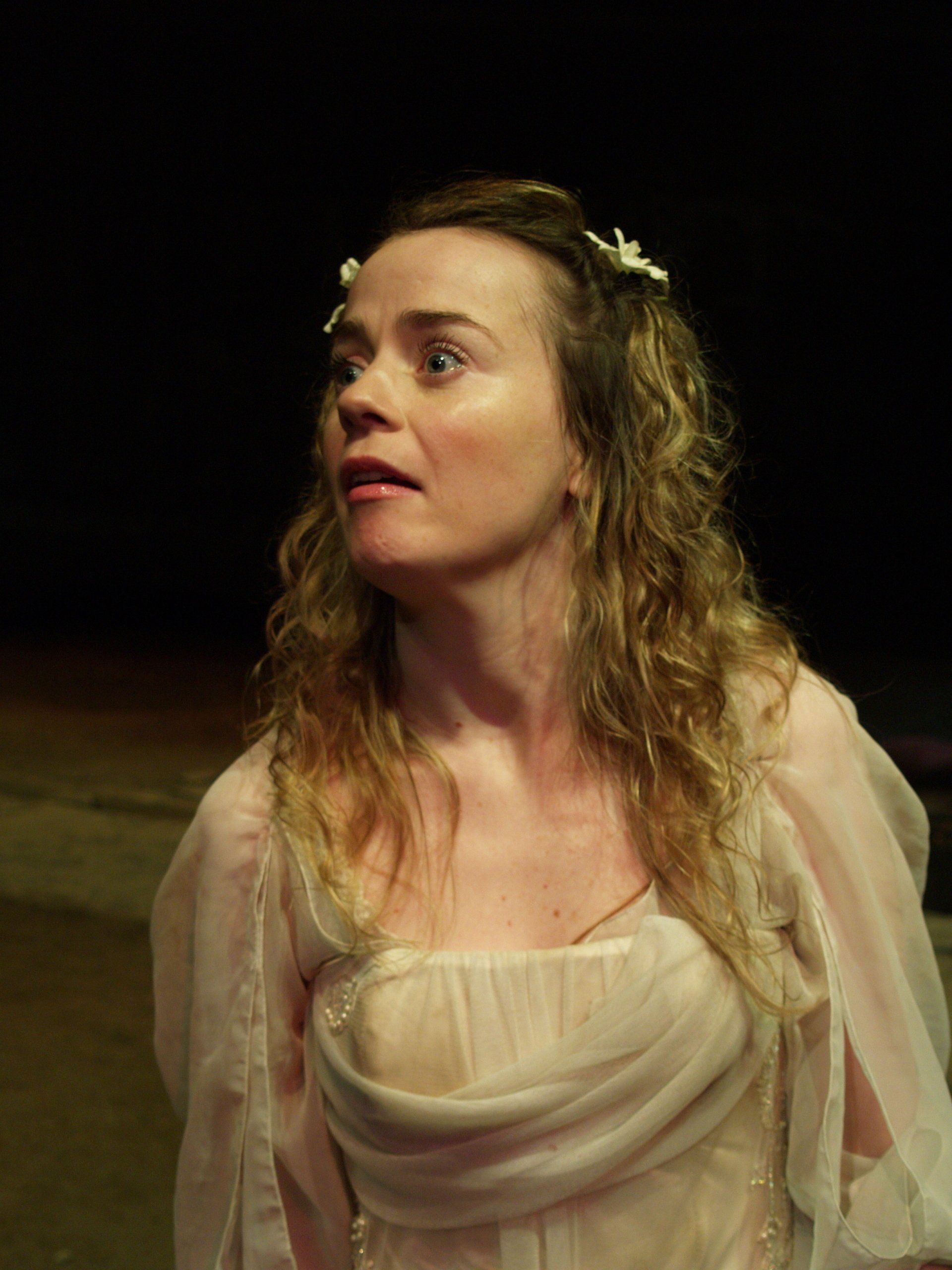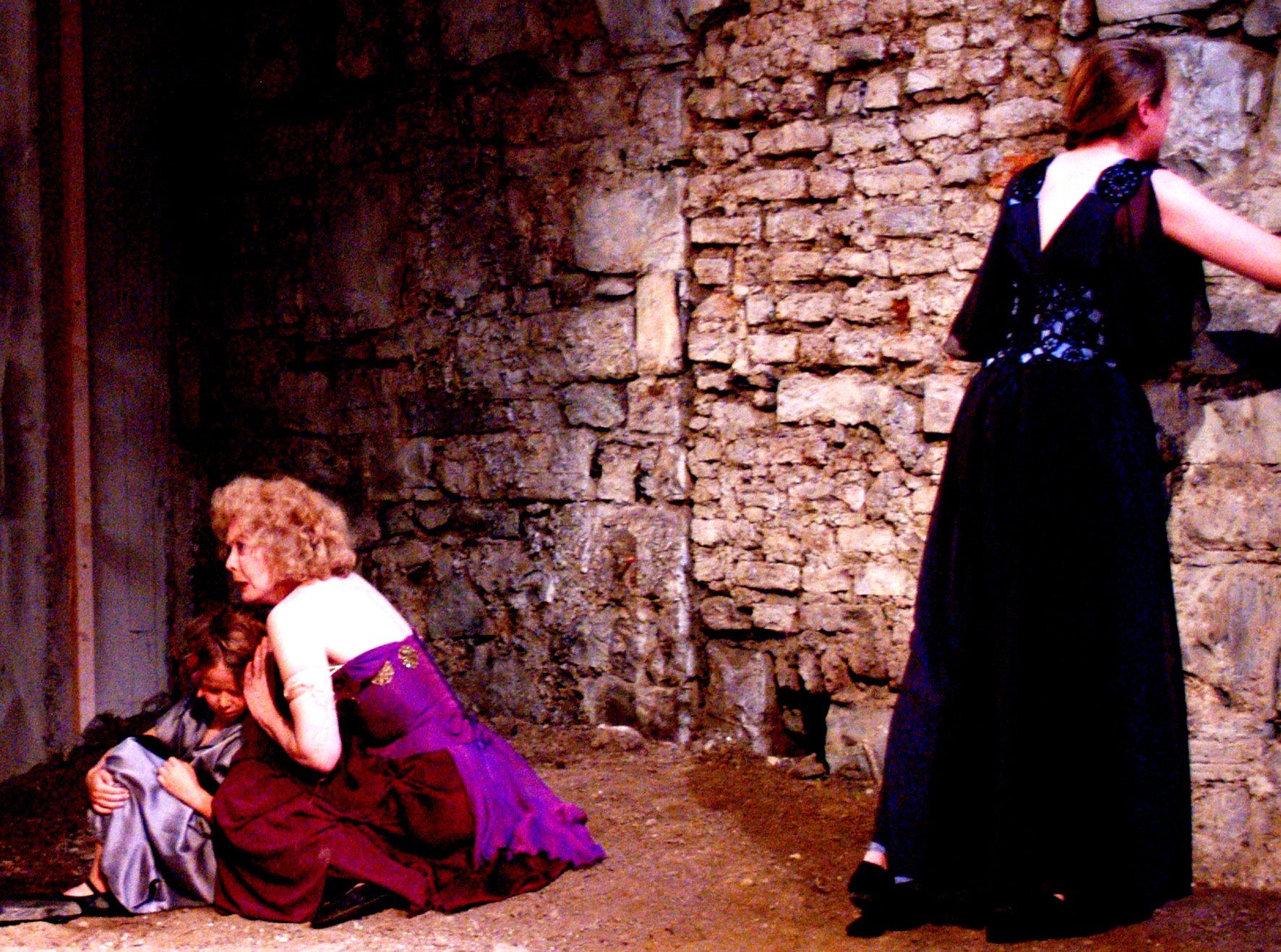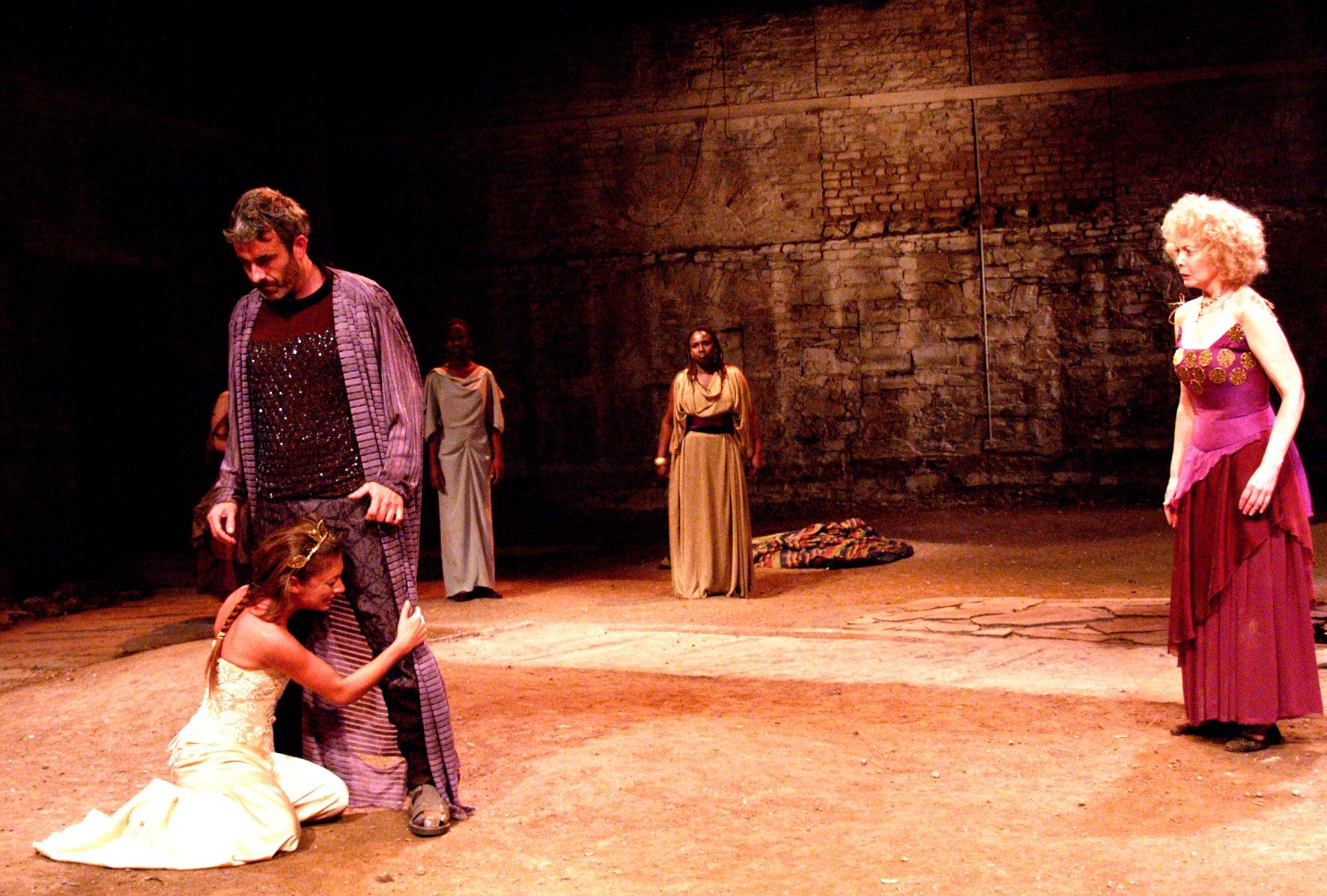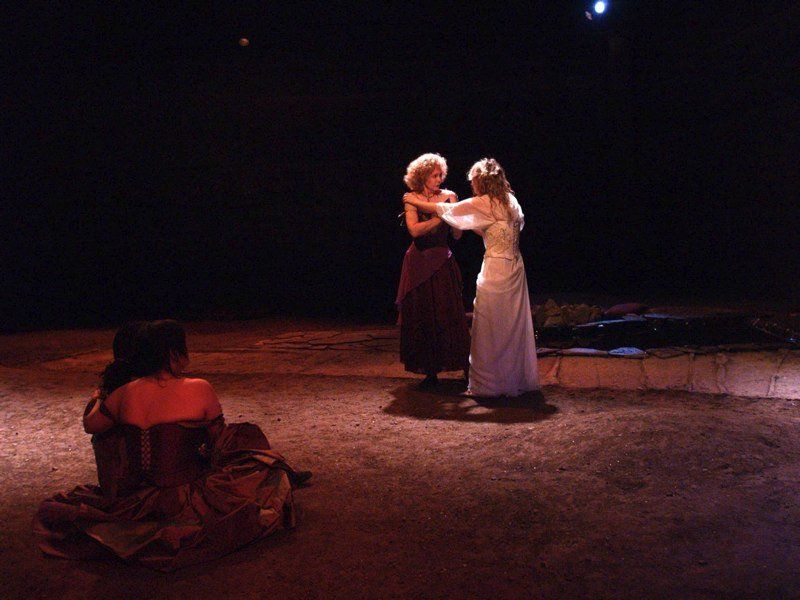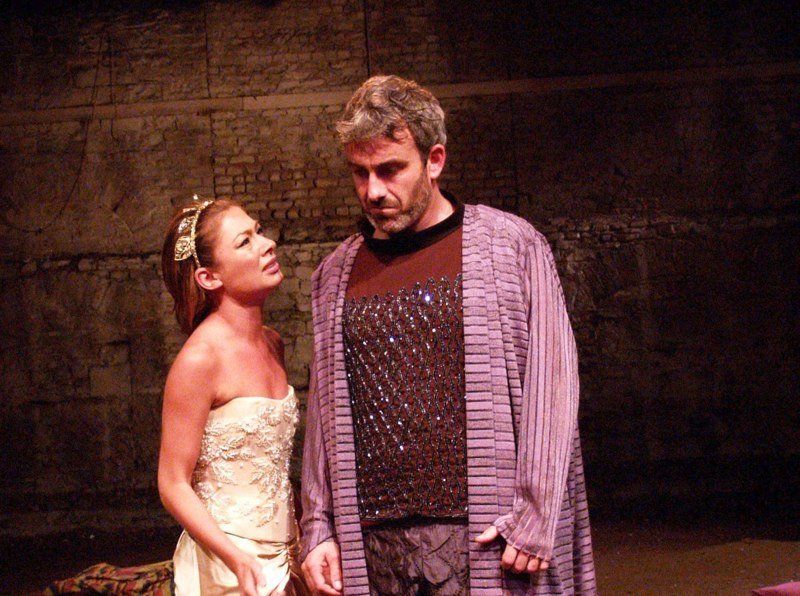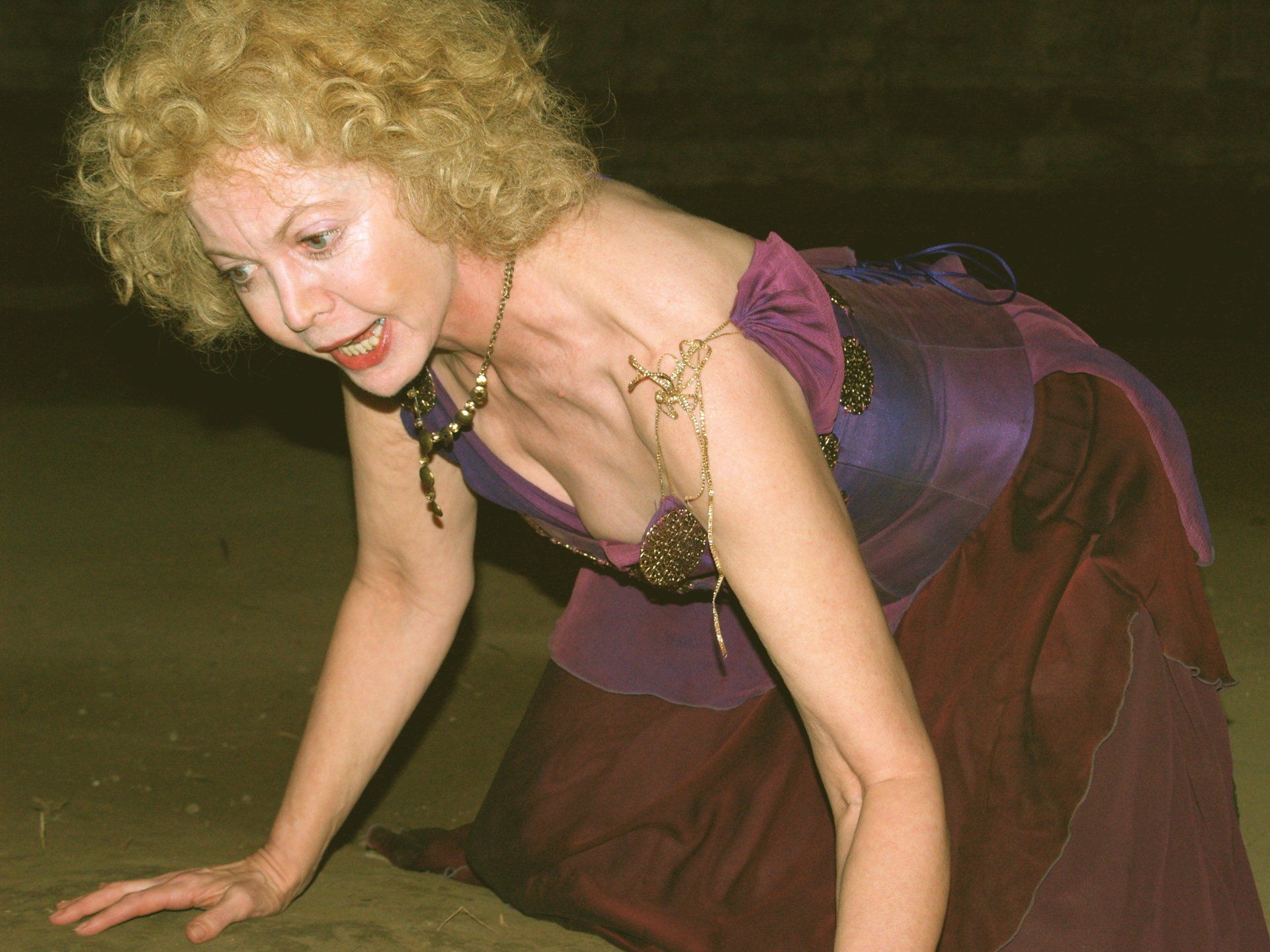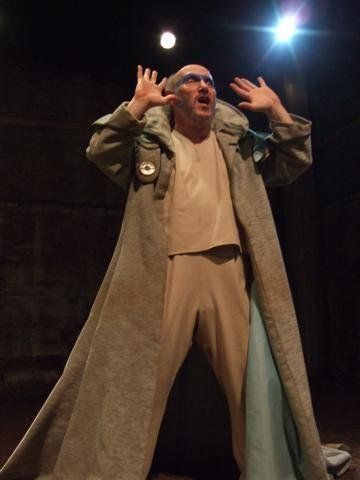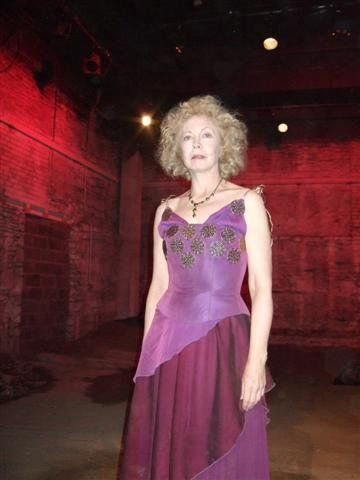A note about the play
Like all other Greek plays, The Trojan Women was written for performance to an entirely male audience by an all male cast. In giving voice and visibility to women, Euripides is typically radical, typically iconoclastic and typically perverse.
Brendan Kennelly’s version of The Trojan Women marks at once an arrival from a great Greek text and a departure from it. Revoiced in an immediate, pungent vernacular, Kennelly gets to the heart of a play which is about loss on such a such a scale that few of us can imagine it, about a grief so profound that we pray never to witness it--let alone experience it--and about a rage so incandescent that we can only aspire to it.
The play’s title reminded Kennelly of women in his own north Kerry who were known locally as “trojans”, enduring lives of unbelievable misery, hardship, degradation and abuse at the hands of their own menfolk.
In The Trojan Women, Hecuba witnesses the anguish of women whose suffering is matched today by countless women caught up in wars across the world. She comes to see that their fate, far from representing “collateral damage” is actually the true object of war in itself. The Trojan War was not about a woman so much as a war on women and womanhood.
But devastation brings strength, a new sense of herself and her power. Her reaction is straightforward enough: if you prick us, shall we not bleed and if you wrong us, shall we not be revenged?
Michael McCaffery
Company Dramaturg
CAST:(in order of appearance)
PALLAS ATHENA (Godess)
IMMACULATE AKELLO
POSEIDON (God of the Sea)
MAL WHYTE
HECUBA (Widow of King Priam,
Mother of Hector and Paris)
DEIRDRA MORRIS
TALTHYIBUS - (A Greek Herald)
PETER GAYNOR
CHORUS
MARY MCEVOY
CASSANDRA (Prophetess, daughter of Hecuba)
MAUREEN
O CONNELL
ANDROMACHE (Widow of Hector)
CATHERINE BYRNE
WOMAN
SARAH PATIENCE NAHEME
MENALAUS (King Of Sparta)
LENNY HAYDEN
HELEN (Wife of Menelaus)
LEIGH ARNOLD
ASTANYX (Son to Hector)
BEN MIDDLETON or
JACK LEAVEY
SOLDIERS
GREG RIMMEL
SEAMUS BRENNEN
Creatives
Directed By
MICHAEL SCOTT
Costumes Designed by
SYNAN O MAHONY
Space Consultant
JEAN GUY LECAT
Technical Director
BRIAN TRACY
Stage Manager
FEARGA O DOHERTY
The Production was founded by a "Once Off Grant" by The Arts Council /An Comhairle Ealaion
SPECIAL THANKS TO:
John O Keefe (Architects),
Paul Bourke,
Jim Myers
Gallowglas Theatre Company,
Dara Connolly (TBP)
Michael McCaffery,
John Conroy
Theo Devaney,
Myra Geraghty
Ciaran MacGonigal
Ciaran Tracy,
Siobhan Bourke
Jane Daly
Hector & Gus
Paddy Farrell
Keith Brunkard
and
Mary Cloake (for listening)
City Theatre Dublin
Board
AUTHOR
BRENDAN KENNELLY
Born 1936, is Professor of Modern Literature at Trinity College Dublin. He won the AE Memorial Prize for Poetry and the Critics Special Harvey's Award.
Kennelly’s attitude to poetic language could be summed up in the title of one of his epic poems, “Poetry my Arse”. Another long (400 page) epic poem, “The Book of Judas”,(1991), topped the Irish bestseller list. He has more than twenty books of poems to his credit, including :
My Dark Fathers (1964), Collection One: Getting Up Early (1966), Good Souls to Survive (1967), Dream of a Black Fox (1968), Love Cry (1972), The Voices (1973), Shelley in Dublin (1974), A Kind of Trust (1975), Islandman (1977), A Small Light (1979) and The House That Jack Didn’t Build (1982). He is also the author of two novels, “The Crooked Cross” (1963) and “The Florentines” (1967), and three plays in a Greek Trilogy,Antigone, Medea and The Trojan Women
A fluent Irish speaker, Language is important in his work – in particular the vernacular of the small and isolated communities in North Kerry where he grew up, and of the Dublin streets and pubs where he became both roamer and raconteur for many years. Kennelly’s language is also grounded in the Irish-language poetic tradition.
Kennelly has commented on his own use of language: “Poetry is an attempt to cut through the effects of deadening familiarity and repeated, mechanical usage in order to unleash that profound vitality, to reveal that inner sparkle. In the beginning was the Word. In the end will be the Word…language is a human miracle always in danger of drowning in a sea of familiarity.
Sadly Brendan passed away in 2021



